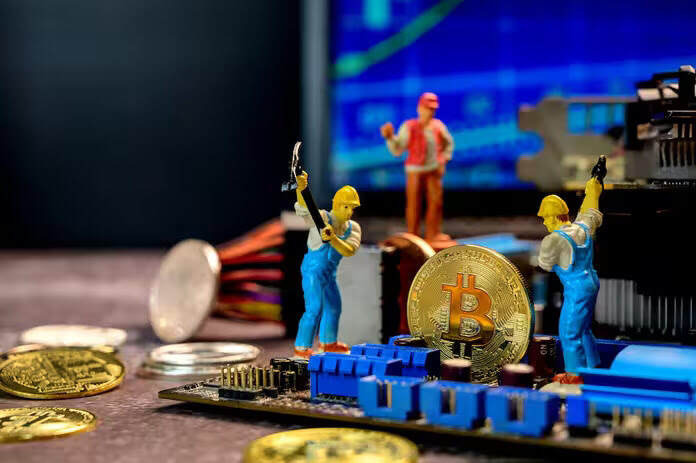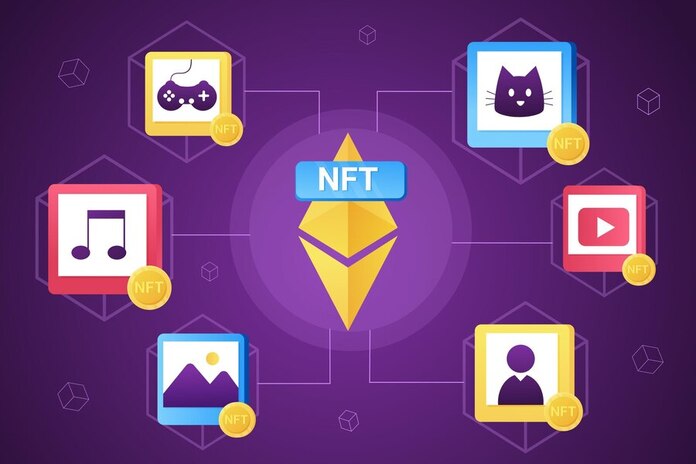Auradine Raises $80 Million Series B Funding Round Ahead of Bitcoin Halving
This post was originally published on this site

Auradine, a web infrastructure startup, and Bitcoin miner manufacturer, has secured $80 million in a Series B funding round as it prepares for the upcoming Bitcoin halving event and the shipment of its Teraflux Bitcoin miners.
The funding round, described as “oversubscribed,” saw participation from a range of investors, including StepStone Group, Top Tier Capital Partners, MVP Ventures, Maverick Capital, Celesta Capital, Mayfield Fund, and Marathon Digital, among others. According to Auradine, the round exceeded its initial target of $70 million due to heightened investor interest.
CEO and co-founder Rajiv Khemani disclosed that the Series B round comprised $60 million in equity and $20 million in debt, mirroring the structure of Auradine’s previous Series A round, which totaled $81 million. While Khemani refrained from commenting on the company’s current valuation, he expressed confidence in Auradine’s trajectory towards potentially reaching a $1 billion valuation in the future.
Auradine’s Series B funding comes ahead of the anticipated Bitcoin halving event, which is expected to occur next week. Khemani noted that the company has already secured $80 million in bookings and boasts an order pipeline exceeding $200 million, driven by robust demand for its Teraflux bitcoin miners.
With a focus on energy efficiency and demand response, Auradine anticipates that its products, particularly its EnergyTune capability and energy-efficient silicon, will align well with post-halving market dynamics.
Established in 2022 and headquartered in California, Auradine introduced its Teraflux bitcoin miners in November last year. The company has since supplied its machines to over 30 prominent data-center-scale miners. Notably, Auradine emphasizes the importance of designing its bitcoin miners in the U.S. to ensure decentralized supply and enhance national security amid geopolitical challenges.
While Bitcoin miners constitute Auradine’s inaugural product line, the company is exploring opportunities to expand into other sectors, including blockchain and artificial intelligence. Khemani revealed that Auradine is actively developing additional product lines within these domains, aiming to deliver innovative solutions soon.
Currently employing approximately 75 individuals, Auradine plans to expand its workforce, particularly in research and development and supply chain operations, to support its growth initiatives.
Featured Image: Freepik


















